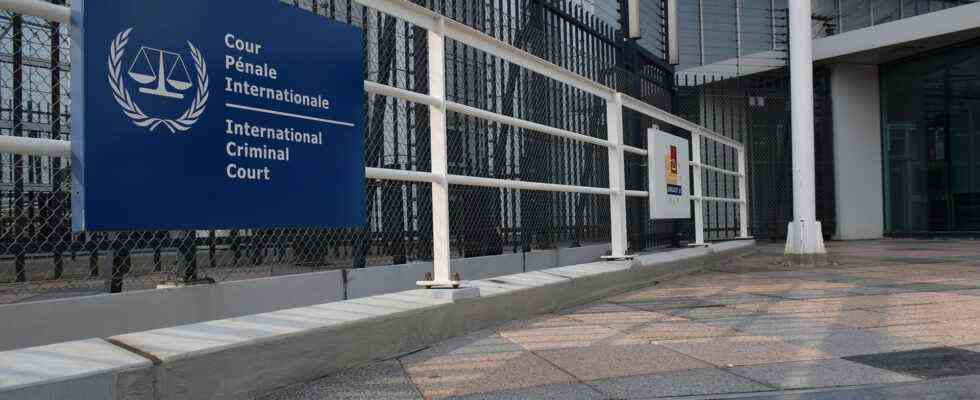As of: 02/21/2022 4:01 p.m
UN investigators describe what happened to the Rohingya in 2017 as “textbook genocide.” Expulsion, rape, murder – the Myanmar military is being sued for this. However, the junta says the court in The Hague has no jurisdiction.
Before the International Court of Justice in The Hague, Myanmar’s military junta has begun to argue against the continuation of a trial into the alleged genocide of the Rohingya. A military government official said Myanmar contested the jurisdiction of the court.
In November 2019, West Africa’s Gambia complained that Myanmar’s treatment of the Rohingya, a Muslim minority in the country, was violating the genocide convention.
However, Myanmar maintains that the court cannot rule on the case because Gambia filed the lawsuit on behalf of the Organization for Islamic Cooperation. However, international organizations cannot become a party to a proceeding before the court. Before the substance of Gambia’s lawsuit can be heard, the Myanmar court must deal with complaints. The court set a week for this. A decision is not expected before 2023.
Who is Myanmar’s legal representative?
The hearings in The Hague are overshadowed by the question of who is Myanmar’s legal representative. A military junta has been in power since the February 1, 2021 coup. However, the government of national unity, which consists of opponents of the military junta, also claims to represent the country. Representatives of the junta are currently being heard in court in The Hague. Human rights activists had warned against the recognition of the military by the International Court of Justice.
At the first hearings in December 2019, Nobel Peace Prize winner Aung San Suu Kyi, who was deposed by the military, denied the allegations. However, on the anniversary of the coup, Suu Kyi’s political camp announced that it was withdrawing its objections. At the same time, the government of national unity said that only Myanmar’s permanent representative to the United Nations, Kyaw Moe Tun, was authorized to represent the country.
“Textbook Genocide”
The allegations made by The Gambia are largely based on a 2018 United Nations investigative report in which UN investigators accuse Myanmar’s army of genocide, war crimes and crimes against humanity. The investigating UN commission described what happened as “genocide straight out of the textbook”.
It has been four and a half years since the Myanmar military unleashed a wave of displacement, rape and killing, burned down Rohingya villages in western Myanmar and forced nearly 800,000 people to flee to neighboring Bangladesh.
Those affected, meanwhile about a million people, are sitting in the largest refugee camp in the world, in Cox’s Bazaar in Bangladesh. “They live in difficult terrain, prone to hurricanes and floods, and Covid-19 has made things worse,” said an International Red Cross official.
“The facilities and buildings in the camp are not permanent structures, the campers are discouraged from building anything permanent that would allow them to establish anything like an economy, schools, normal life. Their existence there is permanent, but in makeshift structures,” explains Rohingya researcher Ronan Lee.
About 20,000 Rohingya were resettled, mostly against their will, on the small island of Bhasan Char, which is also prone to storms and floods. According to the human rights organization Human Rights Watch, people are not allowed to move freely there, have too little to eat, are abused or become ill.
Court: Myanmar must protect Rohingya from genocide
In January 2020, at the request of Gambia, the court ordered that Myanmar must protect the Rohingya from genocide, but after the 2017 expulsion, the villages of the Muslim minority in Myanmar were looted, burned and handed over to other ethnic groups. That is why it is impossible for most of the people in the camps to return to their homes.
In addition, junta chief Min Aung Hlaing also commanded the troops responsible for what the Rohingya were fleeing: genocide.
With information from Lena Bodewein, ARD Studio Singapore

